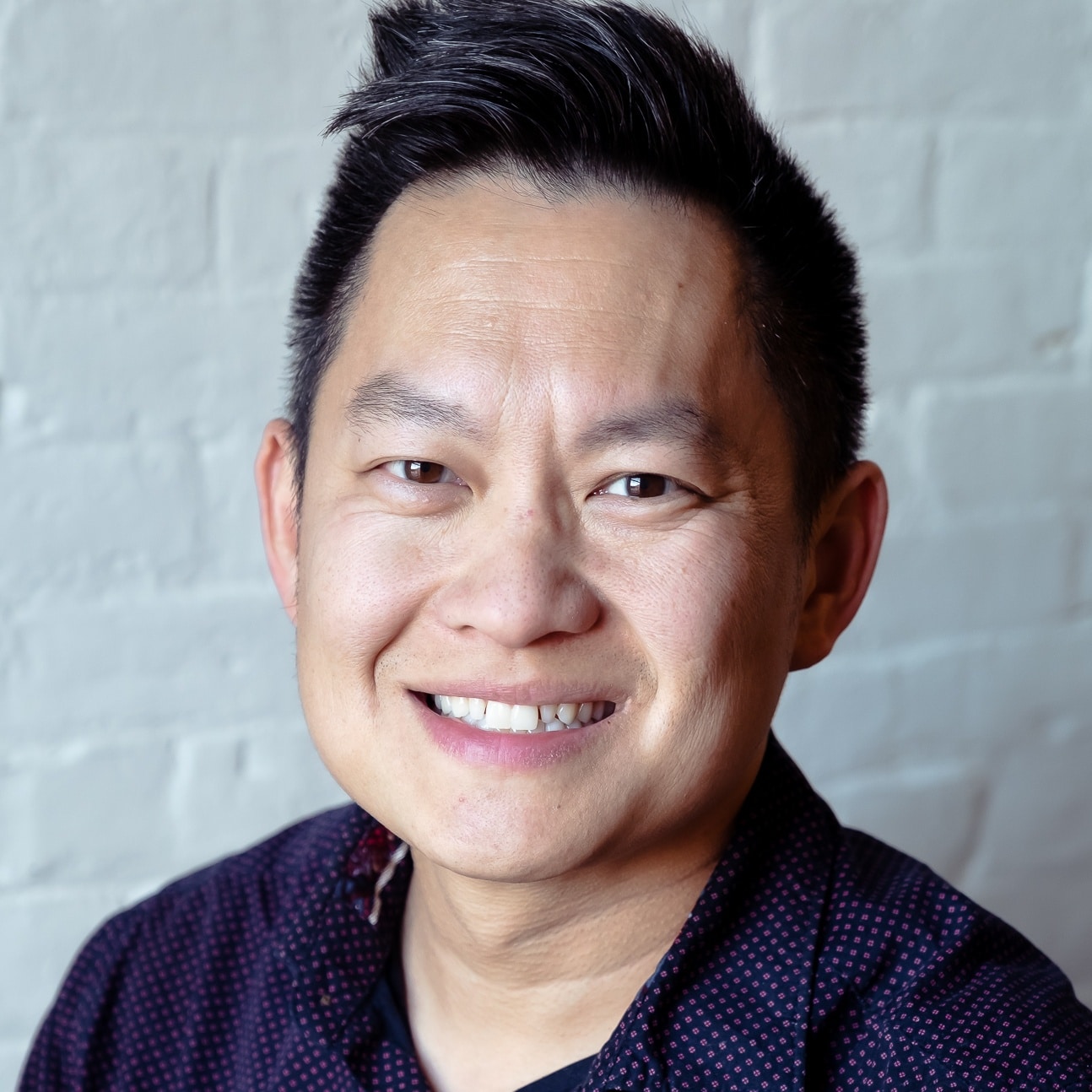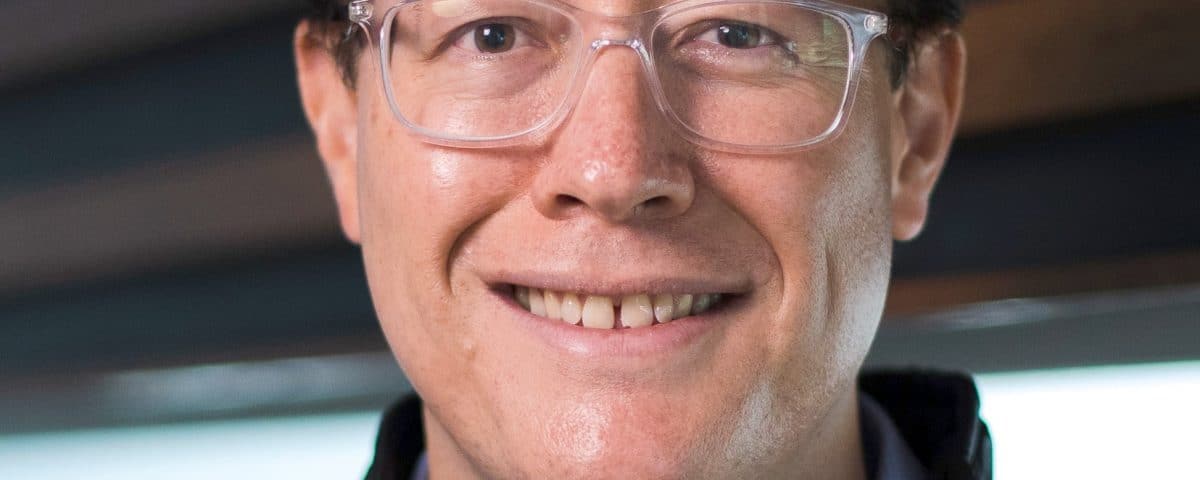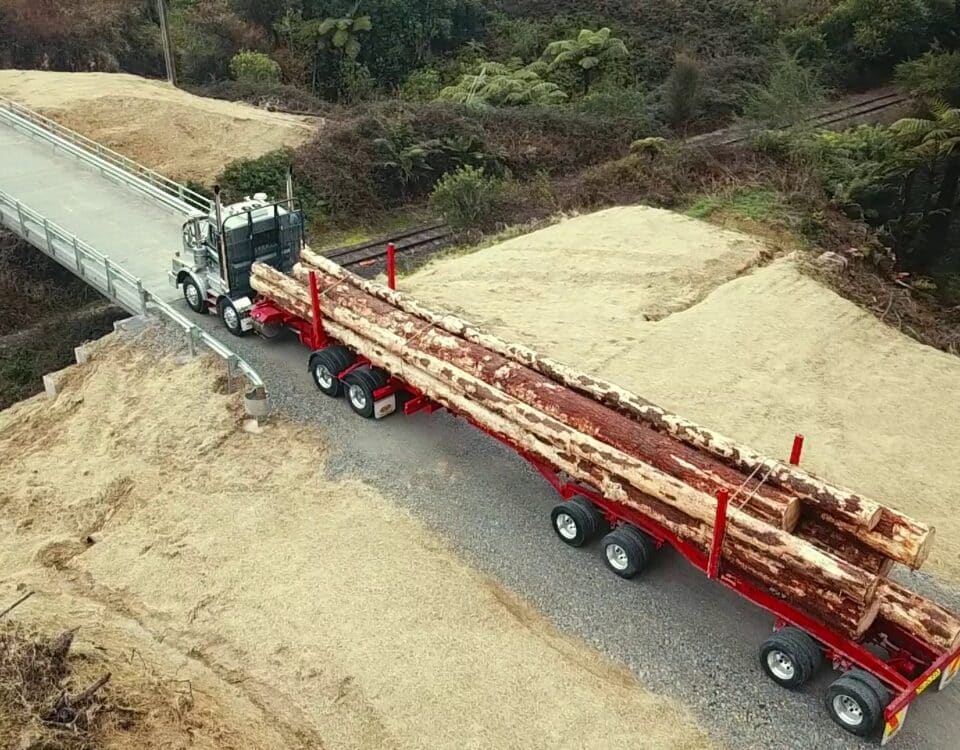
This bookkeeping firm more than doubled revenue since 2020 by using an acquisitions strategy
March 29, 2023Don’t call it an office: Cisco aims to draw workers–and customers–to new “Experience Centers” with a “return on commute”
April 20, 2023By Verne Harnish
EdventureCo group is premium provider of digital, soft and “future skills” training aimed at lifelong learners. It trains more than 20,000 students a year through more than 700 instructor-led courses.
Based in North Sydney, NSW, Australia, and Manila in the Philippines, EdventureCo has built annual revenue to AUD 80 million (about USD 54 million) over the past 6.5 years through acquisitions and organic growth. It has made seven acquisitions and two asset purchases from distressed sellers, acting as a platform company, and done one joint venture. Its strategy is buy-and-build, or in some cases, buy-to-fix.
EdventureCo has managed to do all of this while giving back. It is a certified Benefit Corp., or B Corp, that is required to consider how its decisions affect its employees, customers, suppliers, community and the environment. Arowana, another B Corp, owns EdventureCo.
Both B Corps have used the Scaling Up platform and the Rockefeller Habits to build cohesive cultures. Here’s how they are pulling it off.
Building deal flow
To find acquisition targets, EdventureCo’s team is constantly networking in the “edu-tech” industry. “We’re very proactive in our sourcing in terms of reaching out directly to others or advisors working in the industry,” says Michael Hui, executive director,
When approaching targets, the acquisitions team will typically ask to talk on an exclusive basis, with an NDA in place. “We want to do our own research and know what the financials and operations look like,” says Hui.
If EdventureCo wants to proceed, it will then create a non-binding indicative offer. Often, that includes the owner staying on, in some cases for 12 to 24 months, to ensure a successful transition.
Prioritizing due-diligence
EdventureCo uses a three-stage due diligence process to find targets for its buy-and-build and buy-and-fix strategy. First, it does in-house commercial due diligence, reporting on its findings to its investment committee. The investment committee debates the potential transactions, with the deal team arguing against the transaction and a separate team arguing for it.
Then EdventureCo does confirmatory legal, financial and tax due diligence. In this second phase, it also does operational planning, which include a 100-day onboarding and integration plan. Finally, the leadership team creates a “stratex” plan that lays out the strategy and execution plans for the target company for the next 12 months, along with a higher-level overview over plans for the next three to five years. The stratex plan is presented to the investment committee for discussion.
In the third stage, EdventureCo tackles the transaction documentation and structuring and finalizes any outstanding due diligence points before making a final decision to acquire or not.
Training workers for the future
EdventureCo’s acquisitions have allowed it to build robust offerings to help students keep pace with the rapid changes in the world of work. Initially, in 2016, in the “future skills” area, the company acquired and merged two businesses into Everthought, a registered training organization that provides campus and online study, recognition of prior learning and apprenticeships.
Then in 2017 it acquired Lumify, a top IT training business in Australia where there was room to make a strong business better. “We knew we had good industry tailwinds,” says Hui. “What we really needed to work on was sharpening the operations.”
In the area of digital skills, EdventureCo started the Australian Institute of ICT (information and communications technology), using acquired intellectual property, in 2019. It launched Lumify Philippines, a provider of IT process training, as a joint venture with Aboitiz Equity Ventures, in 2019, and Lumify New Zealand, renaming an acquired company formerly known as Auldhaus in 2021. It also runs Nexacu, a leading provider of Microsoft end user training and data analytics courses, in Australia.
To add to its strength in soft-skills training, it acquired ENS, a global provider of negotiation training, in 2020 and the Plain English Foundation, which helps organizations improve their professional writing skills, in 2022.
Positioning acquisitions for success
EdventureCo has structured most of its deals so that it acquires 100% of the new business, funding all or most of the purchases through equity. In some cases, it provides a relatively small amount of equity along with an earn-out.
As it takes over a new company, its team makes sure it identifies the person who is a “center of gravity” critical to the success of the business and incentivizes them property. “One or two key people can make or break a business,” says Hui.
To create a cohesive culture, both EdventureCo and Arowana have relied on both the Rockefeller Habits, described in my first book Mastering the Rockefeller Habits, and the Scaling Up platform, described in my book Scaling Up. All of its companies hold daily huddles, and it holds regular offsites, such as Quarterly Meetings. Everyone in the company gets copies of Scaling Up, so they understand the framework. “It compounds and becomes part of what the business does,” says Hui.
So far, EdventureCo’s approach has been working. It has never had to divest itself of an acquisition. “Our attitude toward our investments is like an airline or aircraft owner,” says Hui. “We never want a plane to go down. Unlike a venture capital firm where you fully expect to lose a couple, we’ll get in the trenches and fight alongside of them.” That’s a smart approach for a company that’s looking to scale up in a sustainable way.




